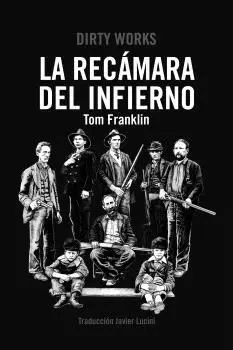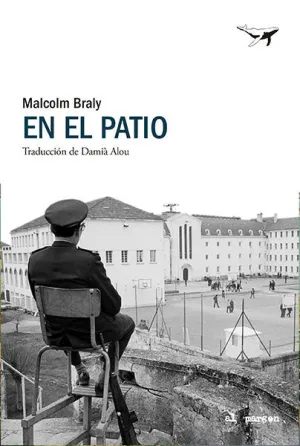CONCEPTUAL ART AND THE POLITICS OF PUBLICITY
ALEXANDER ALBERRO

Conceptual art was one of the most influential art movements of the second half of the twentieth century. In this book Alexander Alberro traces its origins to the mid-1960s, when its principles were first articulated by the artists Dan Graham, Joseph Kosuth, Sol LeWitt, Lawrence Weiner, and others. One of Alberro's central arguments is that the conceptual art movement was founded not just by the artists but also by the dealer Seth Siegelaub. Siegelaub promoted the artists, curated groundbreaking shows, organized symposia and publications, and in many ways set the stage for another kind of entrepreneur: the freelance curator. Alberro examines both Siegelaub's role in launching the careers of artists who were making "something from nothing" and his tactful business practices, particularly in marketing and advertising.
Alberro draws on close readings of artworks produced by key conceptual artists in the mid- to late 1960s. He places the movement in the social context of the rebellion against existing cultural institutions, as well as the increased commercialization and globalization of the art world. The book ends with a discussion of one of Siegelaub's most material and least ephemeral contributions, the Artist's Reserved Rights Transfer and Sale Agreement, which he wrote between 1969 and 1971. Designed to limit the inordinate control of collectors, galleries, and museums by increasing the artist's rights, the Agreement unwittingly codified the overlap between capitalism and the arts.






